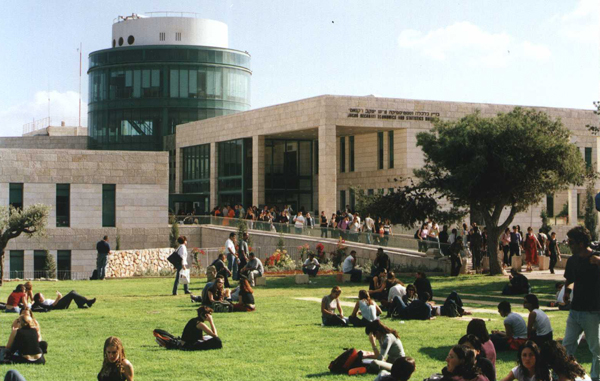Adalah to Haifa University: Cancel decision banning the Palestinian flag from demonstrations held on campus

On 26 November 2013, Adalah sent a letter to the president ofthe University of Haifa demanding the cancellation of its decision to ban students from raising the Palestinian flag during demonstrations held on the university campus. The university’s decision of 24 November 2013 came to prohibit Arab students from raising the Palestinian flag during a demonstration held against the Prawer Plan that took place at the university on the same day.
In the letter, Adalah Attorney Fady Khoury argued that the university should give the appropriate weight to freedom of speech in setting its policy: “While the action of raising the Palestinian flag may fall into the category of speech that is beyond the public consensus, that itself is not sufficient reason to restrict it. First and foremost, freedom of speech protects controversial speech and speech that meets opposition.”
Adalah added that a fear of violent response by those who oppose the protest is not a proper ground for restricting freedom of speech. According to the Israeli Supreme Court, “Showing deference to crowd hostility is like entrusting the key to exercise of the right of demonstration and procession to those who oppose it. This has to be avoided… Only after exhausting all the physical means at the disposal of the police, in whatever manner required to meet the anticipated situation, does the normative question of granting or withholding the licence have to be dealt with.” (HCJ 153/83, Alan Levi and Yaheli Amit v.The Southern District Police Commander, para. 12).
Based on a number of additional legal precedents, Adalah concluded that, “The conditions imposed on students intending to conduct demonstrations are inconsistent with the university’s duties … under administrative and constitutional law, and particularly so in the case of students who are members of the Arab minority [in Israel]. In such cases, it is more likely that opinions that they want to express would encounter hostility from groups and individual students who hold opposing views. Controversy itself, including that the controversy surrounding the question of raising the Palestinian flag, through which they seek to express their national identity, is not a proper ground for restricting their freedom of speech.”













